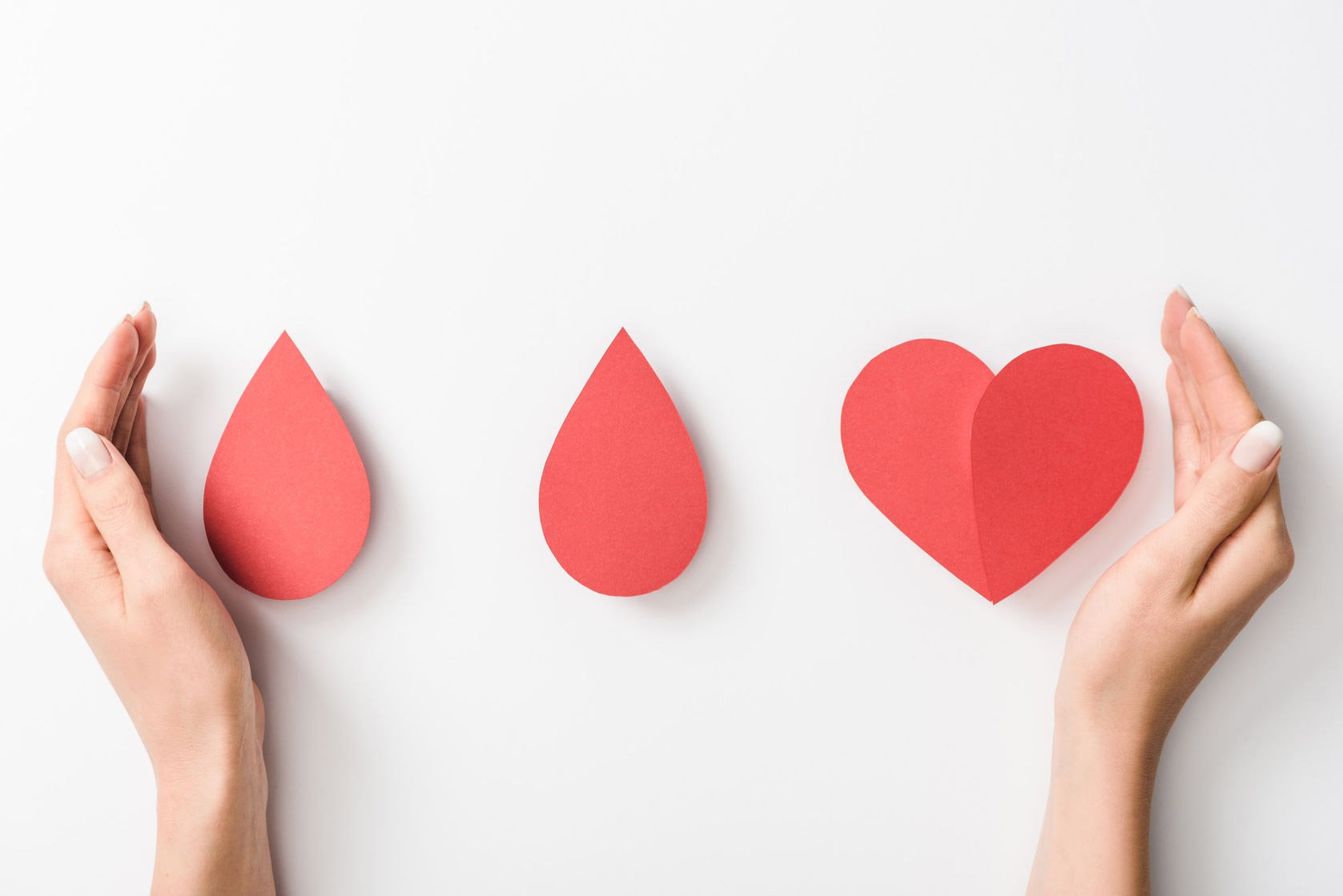
Blood donation is a voluntary act undertaken by individuals to donate their blood to the needy. Donated blood has a crucial role in helping patients who require blood transfusions due to various medical conditions, accidents or operations.
Blood donation procedures are carried out in compliance with strict safety and health standards to ensure safety for both blood donors and recipients. Before discussing more about the blood donation procedure, let's discuss the importance of blood donation.
Why is Blood Donation Important?
Blood donation is a vital element in the health care system. Donated blood plays a big role in various medical situations, such as major surgery, cancer therapy, treatment of patients with anemia, and treatment of injuries resulting from accidents. In addition, in emergencies such as natural disasters or major incidents, the need for additional blood supplies becomes very urgent.
In addition, blood donation is also very important in emergency situations, such as natural disasters or mass accidents, where additional blood supplies are often needed immediately. Even though medical technology continues to experience rapid developments, human blood cannot be replaced by anything. Therefore, the role of blood donation is very important in saving lives and ensuring that patients can receive treatment that suits their needs.
Who Can Become a Blood Donor?
Not everyone meets the criteria that allow them to undergo this procedure. Some conditions you must comply with if you wish to donate blood include:
- Age
Prospective blood donors must be between 17 and 65 years old. Those less than this age range are not permitted to carry out blood donation procedures. - Body Weight
Blood donors usually have to have a certain minimum weight, which often ranges from 45 to 50 kilograms. This is important so that the body has sufficient blood to donate without harming the donor's health. - Health Condition
Prospective blood donors must be in good health and free from infectious diseases or infections. They also must not be experiencing flu symptoms or fever. - Blood Pressure
The blood pressure of potential blood donors must be within the acceptable range. Namely, it is in the range of 100-170 for systolic pressure and 70-100 for diastolic pressure. - Hemoglobin Levels
A prospective donor's blood hemoglobin level must reach or exceed the specified minimum limit. That is in the range of 12.5 to 17 grams per deciliter (g/dL). - Health History
Prospective donors must provide honest information about their health history. This includes the use of medications or illnesses that may impact the safety of donated blood.
Before donating blood, it is recommended for potential donors to take the following steps:
- Make sure you get enough sleep the night before before planning a blood donation.
- Eat healthy food before the donation process, avoid fatty foods and unhealthy snacks.
- Make sure to drink plenty of water before the donation process.
- Give the officer honest information about the medicines you are taking or have recently taken. This is because some types of drugs may hinder the blood donation process. For example, if you are a platelet donor, you should avoid taking aspirin for two days before donating blood.
- Wear a shirt with sleeves that can be rolled up for easy access when donating blood.
How Does the Blood Donation Process Happen?
From start to finish, the blood donation procedure generally takes about an hour. However, actually taking the blood itself only lasts for around 8-10 minutes. In general, the steps in the blood donation process are as follows:
- Registration
You will be asked to show identification, such as an ID card, driver's license, or passport, and if you are a regular donor, you will also be asked to show a donor card. Next, you will fill out a registration form that includes personal identification information. - Health Check
The medical team will confirm your medical history and examine you to ensure you qualify as a blood donor. At this stage, your blood pressure, hemoglobin levels, body temperature and pulse will be measured. - Blood Donation Process
Blood donation is done while you are sitting or lying down, and this will be done by trained medical personnel. They will insert a sterile needle into the skin on the inside of the elbow for about 8-10 minutes to take about 500 ml of blood and several blood samples for testing. After the process is complete, the injection area will be covered with a bandage. - Rest Time
After donating blood, you will be given time to rest while enjoying food and drinks provided by the organizer. It aims to help you recover after losing significant blood volume.
Some people may experience mild side effects after donating blood, such as dizziness or stomach ache. However, most donors will feel fine and can continue their activities as usual.
In addition, there may be bruising at the injection site after the donor process is complete. However, serious complications such as loss of consciousness, nerve damage, or artery damage are very rare during blood donation procedures.
Conclusion
Blood donation can help people in need and the procedure must be carried out safely. However, receiving blood when sick costs money.
Therefore, insurance is important to help family finances when needed. There are many types of insurance that you can choose, such as health and life insurance. Further information regarding the types of insurance that suit your needs can be obtained viahttps://www.bni-life.co.id/id/.








